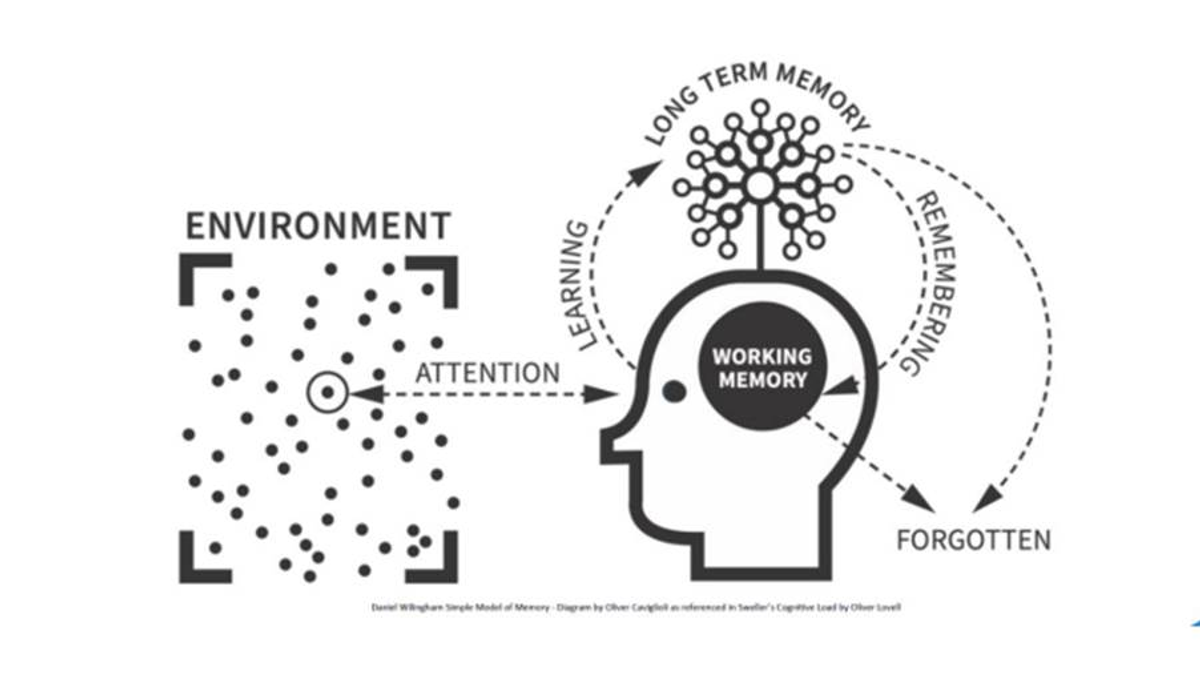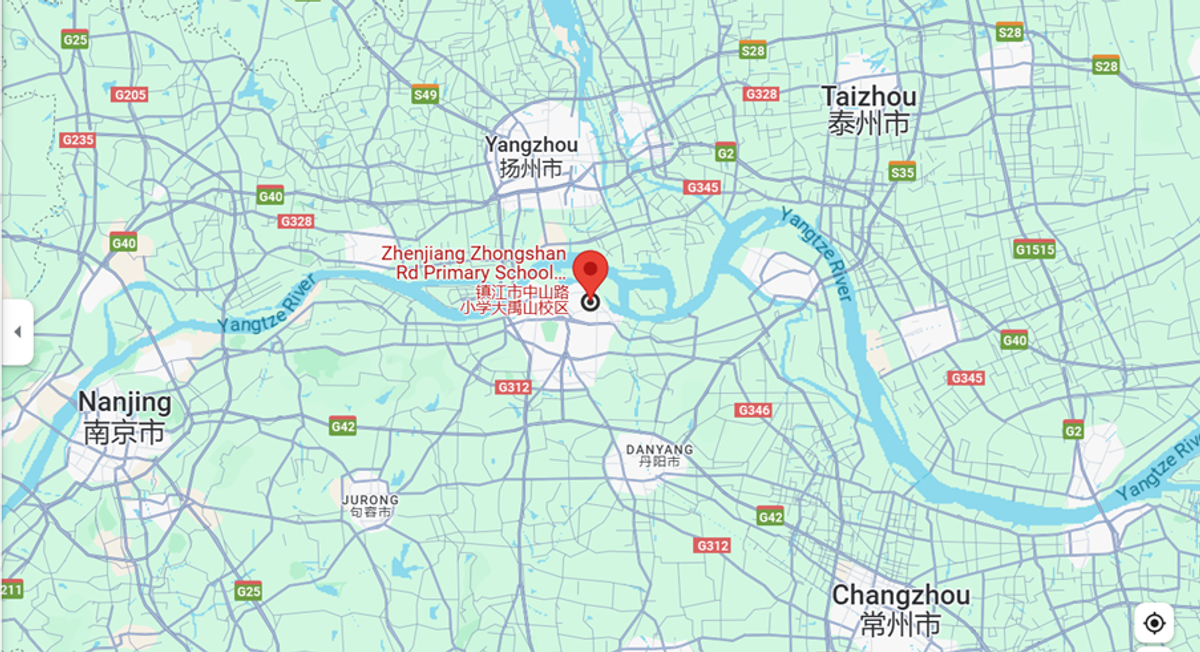Principal's Report

Dear BEPS community,
It has been another great fortnight around the school, and with the lingering and lengthy summer weather we have enjoyed plenty of hot days. It has been great to see so many hats worn at recess and lunchtime, and students making responsible decisions to combat the heat.
As always, there is a lot going on around the school which is being showcased at assembly every Monday morning from 9am to 9.30am. I would like to thank the parents who attended the coffee and chat (Annual Report) after assembly last week, as it was a wonderful opportunity to talk about BEPS and highlight our learning models and wellbeing approach.
We are constantly looking at how we can be better as a school, and one of the areas that continues to challenge our students and parents is to support our students to navigate the complex and potentially harmful online world. We all need to work together to empower them to take positive actions to keep themselves and others safe online so that they can thrive in the digital age. As part of our digital technology curriculum, our staff and leadership regularly engage in discussions with students about online etiquette, understanding cyberbullying, use of social media and age-appropriate apps, and what to do when you are involved in, or confronted with, a difficult situation online.
Over the last couple of years, we have seen an increase in parental concerns raised in relation to inappropriate behaviour and language being used online outside of school. Schools in partnership with parents have a key role to play in helping children to get the most out of their time online. By having the online safety chat with your child, you are taking steps to manage the risks your child may face online, and empowering them with strategies to navigate the online world.
Five things for parents to understand: Playing online games
1. So Many Games: There are so many online games designed for specific audiences and purposes (including entertainment, education, and commercial gain).
2. Suitability of Games: Games are classified and regulated based on perceived risks and age appropriateness, primarily due to concerns about exposure to violence and adult content. Adults should evaluate the suitability of games for children by reviewing recommendations, accessing reviews, examining data collection practices, and using privacy settings.
3. Game Environments: Games can be played solo, against computer-generated players, within controlled networks with known players, or in uncontrolled networks with unknown players. Know and be comfortable with how your children are playing.
4. Online Safety: Children should be as cautious online as they are with strangers in the physical world. Young children may lack the awareness to identify safe and unsafe situations online. Talk with your child about who they're playing with.
5. Digital Identity: Children's gameplay contributes to their digital identity. Children should be aware of how identities can be constructed online, how to verify the authenticity of invitations, and what personal information is okay to share.
Researchers at the Digital Child, an organisation whose vision is for "Australian children, healthy, educated and connected in a digital world", recommend for parents to play video games with their children. They encourage you to sit down and let them teach you how to play. Let them be the expert. Let them have the joy of showing you, their worlds. This helps to create a positive and safe gaming environment in the home as well offering an opportunity for all ages to connect, learn and be creative.
If you would like more information, please head to the following websites:
Each term our teachers work in a Professional Learning Community (PLC) to build the capacity and skills of school leaders and teachers to improve the learning and wellbeing outcomes for every student. This becomes 'the way of working' for all teachers to improve practice, knowledge and attitudes to collectively work together to improve student outcomes. Building genuine relationships with students is essential, but this goes beyond being liked or making lessons fun. True relationship-building involves setting high expectations and maintaining consistent boundaries.
We want our classrooms to be positive environments where students feel safe, and their learning thrives due to a calm and predictable structure which is underpinned by each Burwood East student being valued and respected.
As a school we have redesigned our Literacy and Mathematics learning models in line with the Victorian Curriculum F–10 Version 2.0, whilst also considering Cognitive Load Theory. There is a lot of discussion at all levels of education about the importance of understanding cognitive load theory and why this needs to be factored into all teaching and learning programs. The more we understand how the brain functions and the process of building long term memories the better we can apply this knowledge in building up teaching and learning programs.
The following extracts are taken from the Australian Education Research.
Role of memory in learning:
Students learn by using working memory to focus on and process new information, allowing them to connect it to what they already know. Under the right conditions, new information – whether factual, conceptual or procedural – is transferred to long-term memory, where it is stored as mental models that reflect our understanding of the area of learning.
Building on the connections within and between these mental models helps students develop a deeper understanding of an area of learning over time. Knowledge stored in long-term memory can be recalled to working memory, where it can be combined and recombined with other new or remembered information to help students generate novel ideas, solve unfamiliar problems and think critically and creatively (Fiorella & Mayer, 2016; Kirschner et al., 2006).
Why managing the load on memory is important:
Working memory and long-term memory both play important roles in learning, but they operate in different ways. Working memory is a fast and flexible, but unstable, system that can manipulate information quickly, allowing us to use it at a given time without storing information. Novice learners can experience cognitive overload and have trouble retaining and recalling their learning when the limits of working memory are exceeded.
Students may experience cognitive overload when processing too much information at one time, when information is very complex, or when trying to learn in overly distracting learning environments. Long-term memory has vast storage capacity, but to use it most effectively, information needs to be transferred between working and long-term memory bit by bit and retrieved at regular intervals for more secure storage over time.
Working memory is always limited (Craik & Lockhart, 1972; Kirschner & Hendrick, 2020), and some students will experience additional limitations in using working memory, and in processing information (Melby-Lervåg et al., 2016). This makes the management of cognitive load important.
If you would like to read the explainer please access it here: https://www.edresearch.edu.au/sites/default/files/2023-11/managing-cognitive-load-optimises-learning-aa.pdf
At Burwood East PS we must plan how we will manage students' cognitive loads. For example, a teacher will limit the number of instructions or provide scaffolds, such as a set of written instructions, for students to assist with more complex tasks.
Zhongshan Road Primary School
In 2014 a sister school relationship was established with Zhongshan Road Primary School in Jiangsu, Zhenjiang. This partnership includes an exchange of students and teachers on an annual basis. We have been able to foster a meaningful partnership that has enriched both our communities. Over the years, we have visited each other three times, deepening our understanding of each school's unique culture and educational approaches.
Each time the students from Zhongshan Road Primary School visit our school, our community warmly hosts them, providing hospitality and creating a welcoming environment that enhances their experience. Similarly, when our students travel to China, we are graciously hosted by their community, which further strengthens our bond and encourages mutual appreciation.
Our ongoing relationship with Zhongshan Road Primary School continues to inspire both our students and teachers, as we share knowledge, engage in cultural exchanges, and celebrate the values of creativity and cooperation in education. This year we will again be involved in hosting (July-August) and visiting (October) our sister school. We look forward to working with the community as we continue this partnership.
Student birthdays, celebrations and parties
This notice is a reminder of the requirements for celebrating a student’s birthday or other milestone at school. Some parents like to send something small to school for their child’s class to share when it is their birthday instead of having a party elsewhere.
At BEPS, this is allowable; however, there are strict parameters that must be adhered to for Child Safety, including for medical and equity purposes.
Please note and ensure the following:
- Only individually pre-packaged food, where the ingredients are clearly visible is allowable, OR
- A very small, inexpensive, non-food party favour such as a fidget toy to take home.
Please note that any items brought to school to share must be:
- Given directly to the child’s class teacher at the beginning of the day by the parent.
- Shared with the class at the end of the day by the teacher/student.
- Taken home by each student to show their parents who will decided when it may be eaten/played with.
Please note: Classes will often sing ‘Happy Birthday’ to students or teachers on their celebration day. We are aware that some students do not celebrate this way, therefore they are not required to sing celebratory songs if they choose not to.
This is one way to celebrate at school. However, if you do wish to send something for your child’s class, the above requirements must please be adhered to.
School Council Meeting:
Our school council met last Monday evening for our first meeting together as a 2025 team.
The 2025 council is: Cindy Lu (President), Malsha Swan (Treasurer), Yeun Lam Wu (Vice President), Eva Zheng, Persephone Wan, Shin Yee Tang, Samantha Tse, Adam Williams, Edwina Aikman (Secretary), Teri Smith and Darren McDonald.
Kiss and Go Parking
The Kiss and Go parking zone is for short-term use only.
Parents and carers are not to leave their vehicle unattended at any time or they can incur a fine. Leaving a vehicle unattended also leads to the Kiss and Go parking zone becoming congested, which reduces its effectiveness and negatively impacts other families trying to drop their children off at school.
Please, do not leave your car unattended and please keep to the time limit.
End of Term April 4th
Friday April 4th is the last day of Term 1.
School will finish at 2:30pm on this day. Term 2 commences on Tuesday April 22nd.
Yours in Partnership,
Darren


